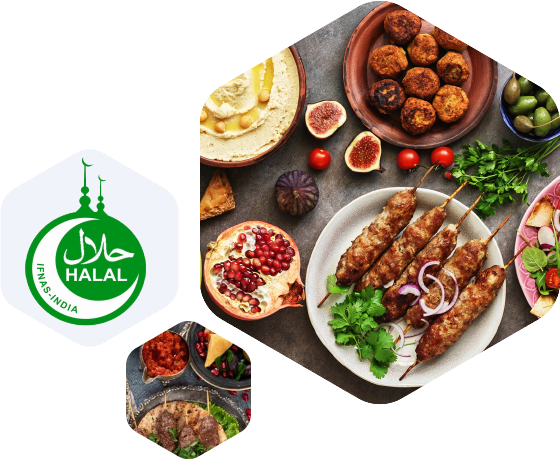
Islamic Law strongly emphasizes hygiene and it includes every aspect of personal hygiene, dress, equipment and premise where food is processed or prepared. The objective is to ensure that food produced is absolutely clean and not harmful to health of\ human beings. Hygiene can be defined as being free from filth, dirt, and prohibited materials; not clean according to Islamic Laws. Several of the aspects Islamic Law emphasizes include:
- Premises used for the manufacture, preparation and sale of food and drinks must be clean and free from any elements that can cause infestation from flies, rats, cockroaches, lizards and other similar pests.
- Workers in food factories must be healthy, and wear clean protective clothing to prevent dirt contamination.
- Equipment used must be clean and washed frequently to ensure cleanliness. Methods of washing are by rinsing with clean running water. Islamic Law allows some saline mixtures.
- Toilet and wash rooms must be cleansed regularly with an effective de-contaminant as they can be a source of harmful germs and bacteria.
The following guideline is provided for cleaning protocols
COSMETICS/CLEANERS/SPRAYS : Cosmetics, Cleaners, Sprays and similar items made from plants and chemicals are permissible except those that are poisonous and harmful to health and should not contain filth and Alchohal.
CLOTHING AND EQUIPMENT : Clothing and equipment which are made from plants, animal hairs except from pigs and dogs, bones from animals which are Halal, animal skins which have been preserved by tanning except pig and dog skin are all permitted to be used.


